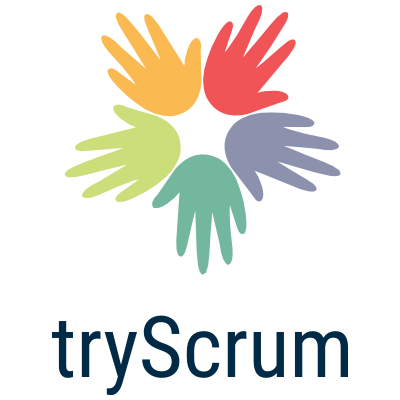Most people ask me a question: Hey Venkatesh, can you tell me whether a person can simultaneously handle the responsibilities of a Scrum Master and a Product Owner?
We need to turn the pages of the Scrum Guide for a clear definition. The definition of a Scrum Team is:
“The Scrum Team consists of one Scrum Master, one Product Owner, and Developers.”
Scrum Guide is not very outright about whether a person can or should be allowed to play both roles in the scrum team. So let us focus on the core question now:
In my opinion, two different professionals should shoulder these two different roles. There are numerous valid reasons, and I discuss a few of those in this blog. The Product Owner invests time in determining what is required to be built or not be built. The process does not involve the Scrum Team’s capabilities. Their focus is prioritising the customers, unlike the focus area of a Scrum Master. His focus is to ensure that the Scrum Framework is understood and enacted well by everyone in the organisation.
The Product Owner determines what products are needed to be built, while the Scrum Master focuses on teamwork required to build the product.
Each role needs a dedicated commitment.
Think about this – the accountability associated with each of the roles would certainly be undermined when the same person manages the responsibilities of both. As per the Scrum Guide, a Product Owner is a person who maximises the value of a specific product. When the product cannot get customers’ attention in the target market or generate a set revenue goal, the Product Owner is held accountable. They have to counter all the issues and improve them.
On the other hand, the responsibility of a Scrum Master is purely establishing Scrum principles, as defined clearly by the Scrum Guide. The Scrum Master accomplishes this by making the Scrum team and the organisation understand the theories and Standard practices of Scrum. (‘Scrum Guide’, 2020)
Hence, giving both roles to a single person would be a technical and organisational mistake, risking the individual premises of accountability.
Personality Types
Keep in mind that the skills required to play these professional roles are different in each case. It is practically not viable to expect the same or equivalent results from the person who shoulder the responsibilities of both functions. I do agree that there could be some overlaps. Still, each role has its uniqueness. Read More>>
More Blogs from tryScrum
About tryScrum
tryScrum is a professional coaching and consulting company. The company aims to challenge prescience thinking, which will help in the process of transformation. The company has provided its course to over 3500+ individuals and still strives to deliver its services by offering its elite leadership training and many other available fields.

For more information, please visit www.tryscrum.com.
